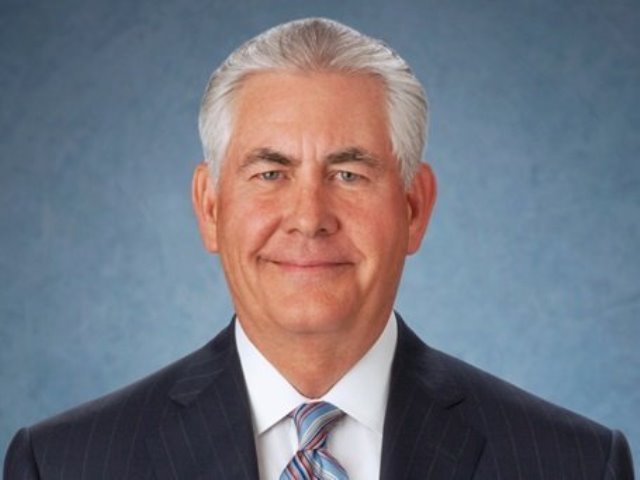US Secretary of State Rex Tillerson said Thursday the United States “will consider working with Russia” when practical but will stand up for US and allies’ interests when the two nations disagree, after his first meeting with his Russian counterpart.
The meeting with Russian Foreign Minister Sergey Lavrov, on the sidelines of a G20 summit in Bonn, Germany, comes at a time of strained US-Russian relations and turmoil in Washington as the new Trump administration finds its feet.
Tillerson’s remarks, made in a brief on-camera statement after the meeting, may go some way to reassure US allies.
“As I made clear in my Senate confirmation hearing, the United States will consider working with Russia when we can find areas of practical cooperation that will benefit the American people,” Tillerson said.
“Where we do not see eye to eye, the United States will stand up for the interests and values of America and her allies. As we search for new common ground, we expect Russia to honor its commitment to the Minsk Agreements and work to deescalate the violence in the Ukraine.”
The White House and the Kremlim have engaged in back-and-forth commentary in recent days over Crimea, the Ukrainian territory annexed by Russia in 2014.
Speaking a short time before, Lavrov said the two “had plenty of issues to discuss,” with the topics reflecting those of the January 28 phone conversation between Russian President Vladimir Putin and US President Donald Trump.
Asked by a reporter whether the upheaval in Washington could affect US-Russian relations, Lavrov replied: “You should know we do not interfere in the domestic matters of other countries.”
Election interference?
Lavrov’s comments came at the same time as US Defense Secretary James Mattis said there was “very little doubt” that Russia had interfered — or attempted to interfere — in a number of democratic elections.
Speaking after a NATO conference in Brussels, Belgium, Mattis described Russia’s general actions around the world as “aggressive” and “destabilizing.”
Mattis also played down the idea of closer military ties with Russia, saying: “We are not in a position right now to collaborate on the military level, but our political leaders will engage and try to find common ground.”
Flynn resignation
Tillerson’s trip to Germany comes as the Trump administration is seeking to reassure skittish allies in Europe the US has their backs, all while exploring new areas for cooperation with Russia as advocated by Trump over opposition from some members of his own party.
The White House is in turmoil after National Security Adviser Michael Flynn’s resignation this week over questions of the nature of conversations with Russia on sanctions before taking up his administration role.
Congress is now investigating various aspects of Russia’s alleged interference in the US election, while members question Trump’s own relationship to the country.



